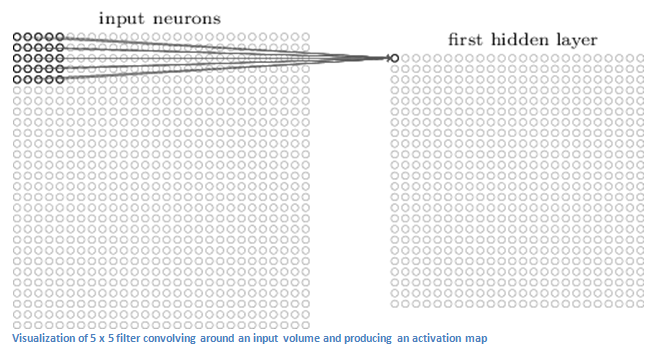I met an AI/ML startup called Veritone yesterday at Oracle Open World – it has an interesting proposition.
We tend to hear people advocating the collection of as much data, from as many sources, as possible in order to make better data-driven decisions. But we should be careful – one of the themes that emerged from RedMonk’s recent Thingmonk conference was that in many cases less data is better. For example, Doctor Sarah Cooper, Amazon Web Services GM IoT Solutions, Internet of Things talked about the problem of dimensionality – that is, the more data sources you have the harder it is to obtain signal from noise.
Veritone’s story is interesting because rather than focusing on collecting more and more data with its aiWare platform, it focuses on aggregating more machine learning engines. That is, using multiple machine learning engines across a single data set to obtain the best results. Thus for example, consolidating transcription and or sentiment analysis from AWS, IBM, Google, and other services, rather than choosing just one service to deliver results.
Consolidating platforms in a fragmented market makes obvious intuitive sense, but talking about the problem space with Mathew Lodge, SVP Products at Anaconda, he said some of clients he was talking to were questioning the value of multiple machine learning algorithms to a single data set, because a limited set – for example convolutional neural networks (beginners guide here) in image recognition – were so much more effective than other engines in a particular context. The “competitive advantage” was not in a particular engine, but rather the chosen machine learning approach.
Veritone’s initial target markets include media monitoring and smart cities. From a technology choice and vendor relationship perspective I find it notable because it used two recent Oracle acquisitions – Iron.io (not strictly an acquisition, but Oracle hired the core engineering team) and Wercker (a container-based pipeline management platform) to deliver a better user experience. It doesn’t yet run on Oracle IaaS though.
disclosure: Oracle and AWS are clients but all analysis here is independent of client relationships.

No Comments